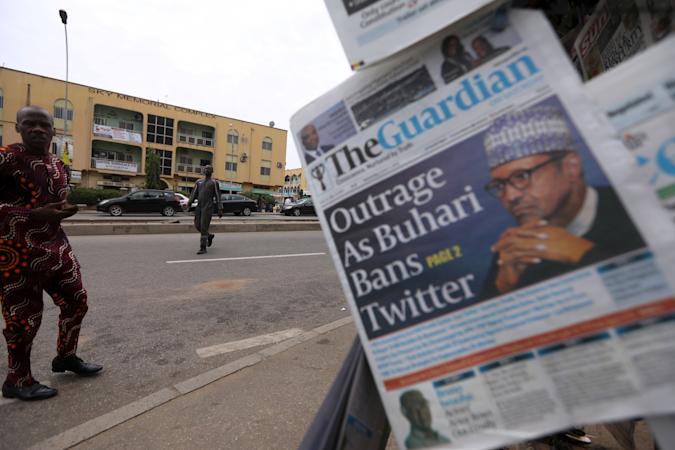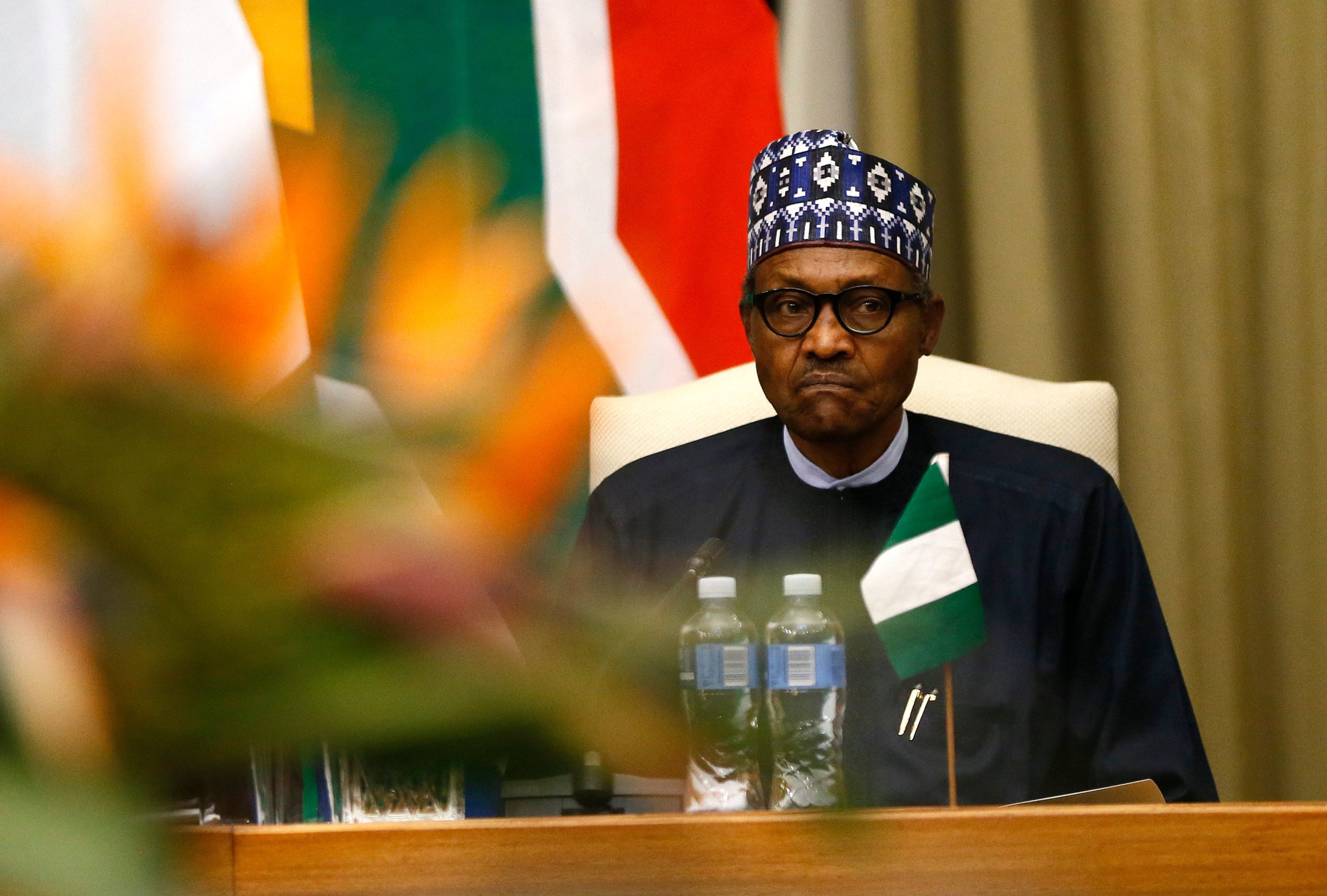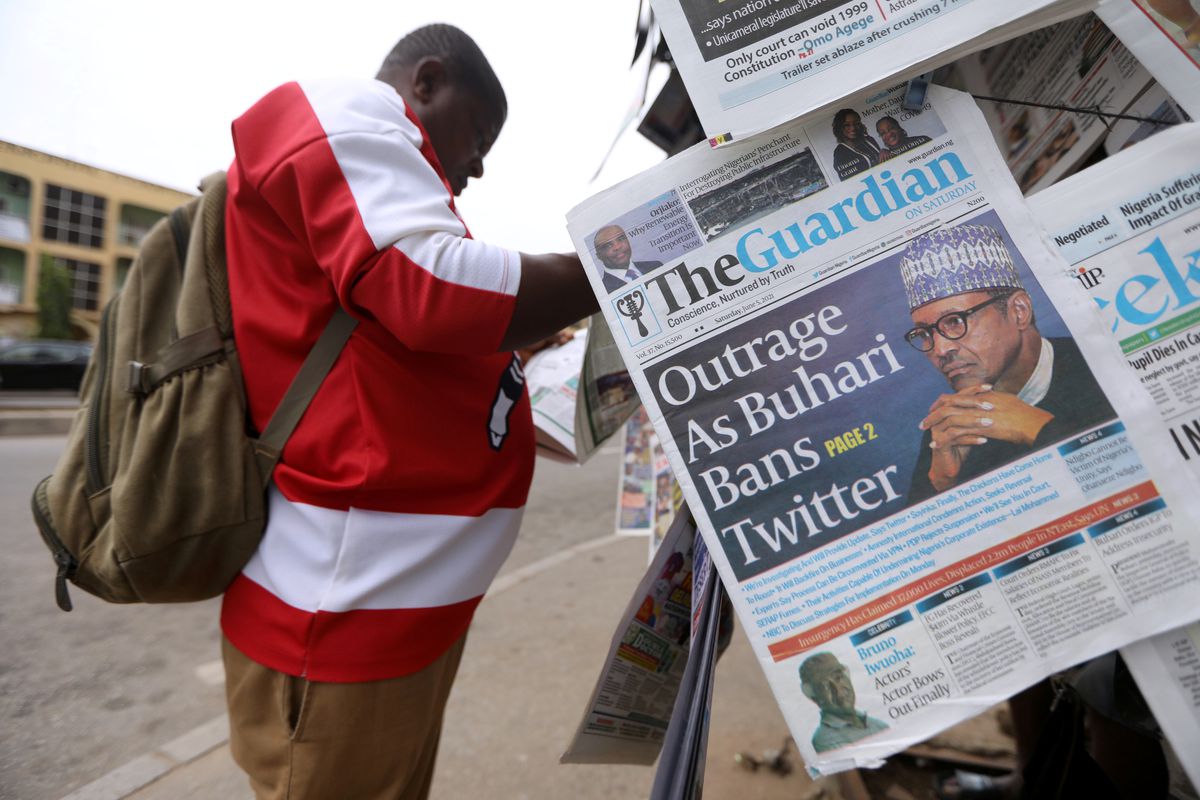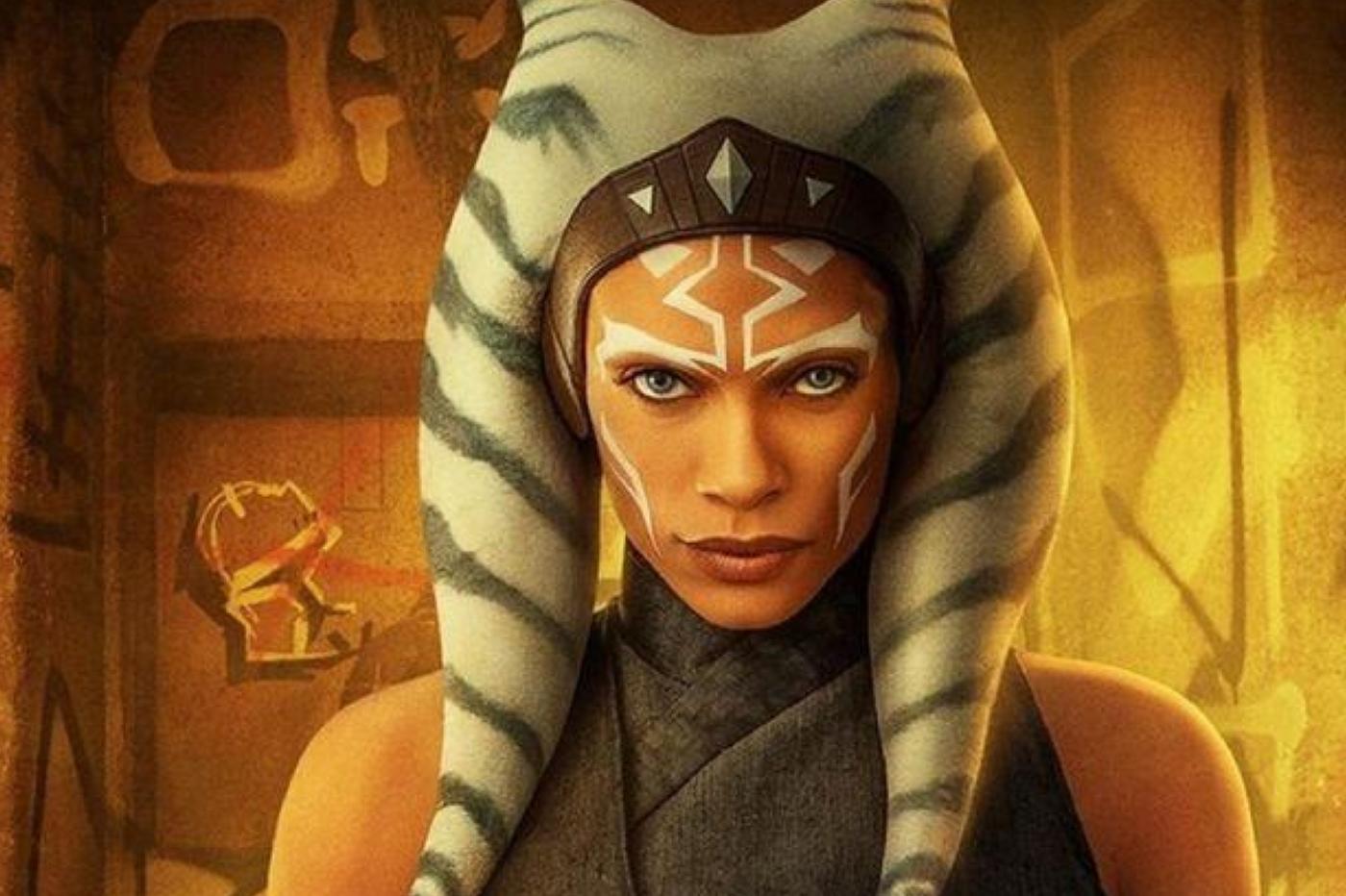

One major human rights group has sued Muhammad Buhari, the president of Nigeria. This was done in order to finally force his government to publish the agreement, which in turn allowed the social network Twitter to return to the West African country last month after a seven-month ban. And if you’re not aware, back in June last year, Nigeria suspended the platform shortly after the company deleted a tweet by President Muhammad Buhari, who in one of his messages threatened to punish local dissidents.
At the time, Twitter said the company was “deeply concerned” by the country’s actions, adding that it considered the open internet “an inalienable human right in today’s society.” However, just recently, on January 13, Nigeria nevertheless lifted this ban. This happened after the company agreed, among other conditions, to open a local office in the country and work with the government to jointly develop a code of conduct. Well, this Sunday, the aforementioned human rights group called Socio-Economic Rights and Accountability filed a lawsuit in the country’s highest court to force President Buhari, as well as Information Minister Lai Mohammed, to publish a copy of this agreement.

“The publication of the agreement with Twitter will promote transparency, accountability, and help mitigate threats to Nigerians’ online rights, along with any interference with online privacy and freedom of expression. Any agreement with social networks must comply with the constitutional requirements of legality, necessity, proportionality and legitimacy,” the organization said in a statement. The group also stated that it attempted to obtain a copy of the agreement through a request, citing “freedom of information”. This is partly because the government returned an “unsatisfactory” response to this request.
Lai Mohammed allegedly told the group that details of the agreement were already “in the public domain” but never sent a copy of its terms. Well, as the authoritative publication Reuters notes, this organization was among several groups that, in turn, went to court in order to protest Nigeria’s ban on Twitter. It is planned that the Court of the Economic Community of West African States will decide on this case this week.




